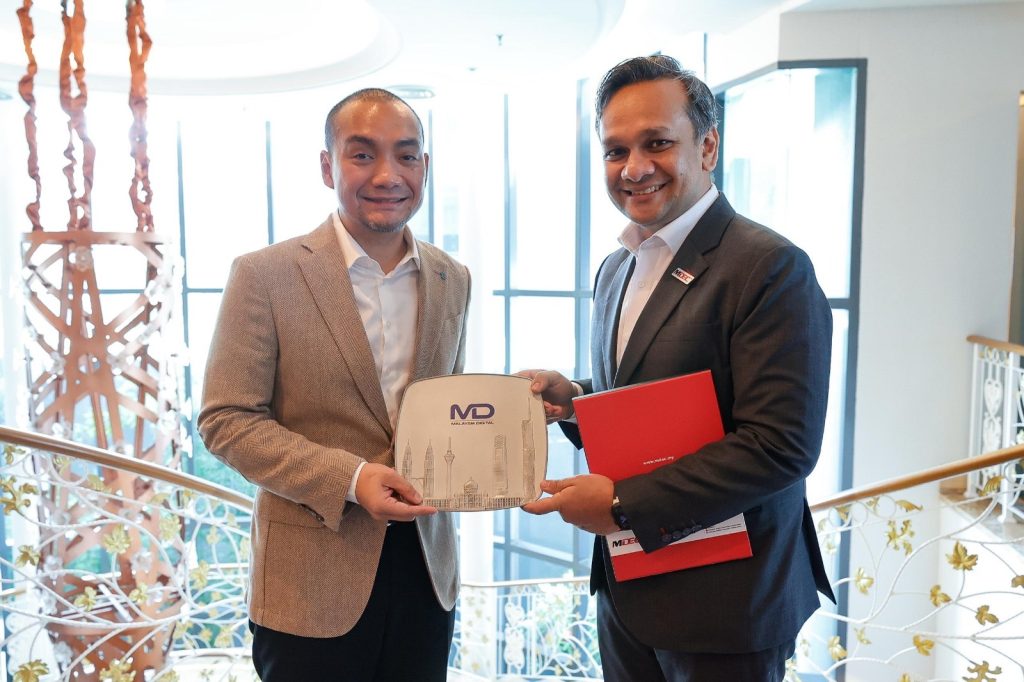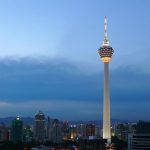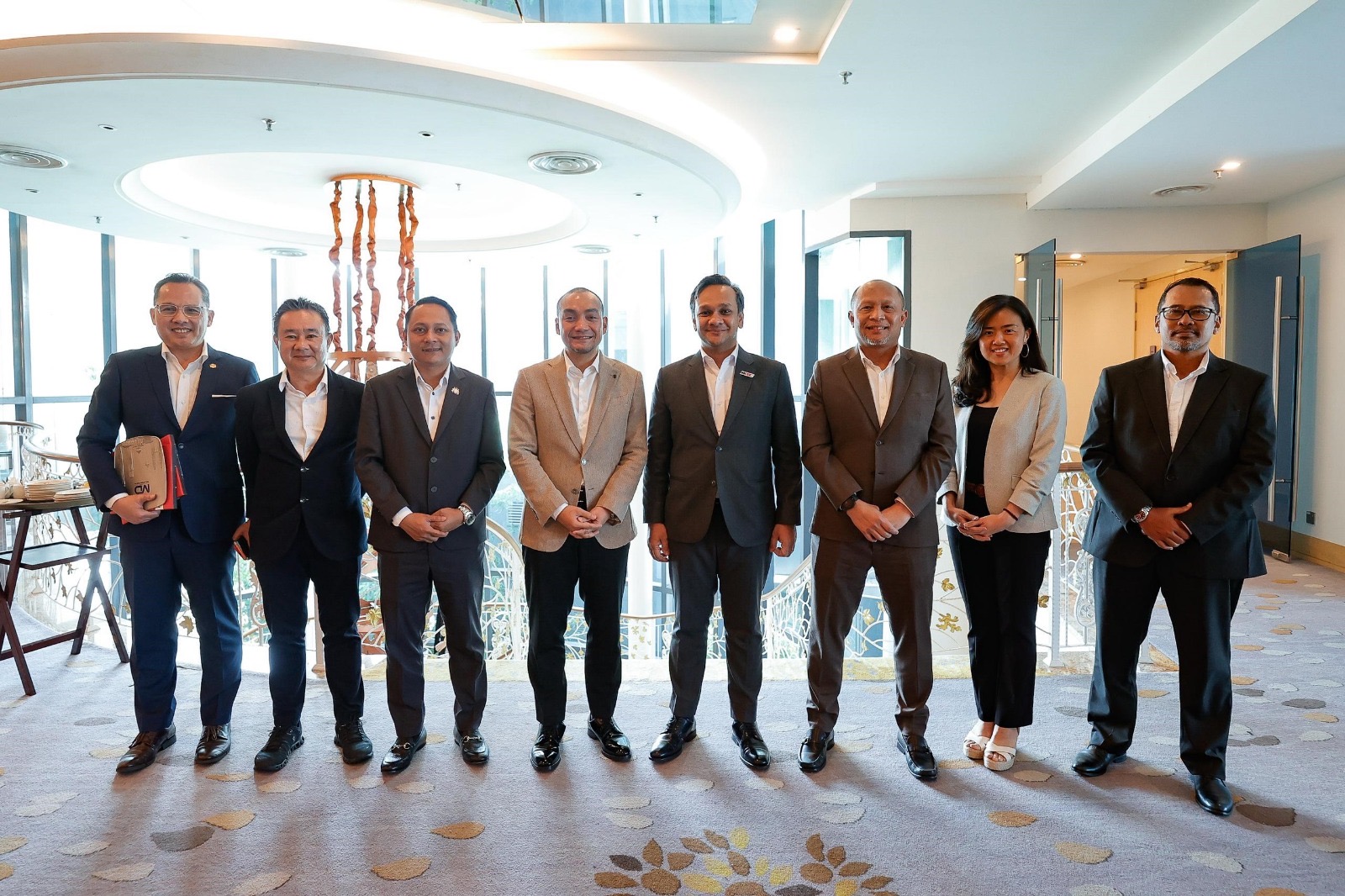Malaysia’s digital economy continues to play a crucial role in driving national growth, fostering innovation, and enhancing global competitiveness. According to MDEC (Malaysia Digital Economy Corporation) CEO Anuar Fariz Fadzil, Malaysia’s forward-thinking digital policies, particularly in AI and talent development, have firmly positioned the country as a regional leader in digital excellence.
Anuar highlighted that Malaysia’s strong public-private partnerships, especially in AI and quantum computing, have accelerated transformative changes in key sectors such as manufacturing, finance, and services. These collaborations have established Malaysia as a hub for cutting-edge technologies in Southeast Asia.
“Through proactive digital transformation initiatives, we aim to achieve or even exceed the target of a 25.5% digital economy contribution to GDP by year-end,” said Anuar. He emphasized the importance of supporting businesses through talent development, technology adoption, and SME competitiveness, alongside attracting high-quality investments to ensure a robust future economy.
A key contributor to Malaysia’s growth is foreign direct investments (FDIs), with data centre investments playing a particularly significant role. Malaysia attracted over RM86 billion in data centre investments in 2024, cementing the country’s status as Southeast Asia’s leading data centre hub, with 77 centres nationwide.
The recent announcement by Bank Negara Malaysia (BNM) that the Malaysian economy grew by 5.1% in 2024 underscores the nation’s resilience and the growing significance of the digital economy in driving future prosperity. Anuar noted that this growth is a result of the digital economy’s crucial role in recovery and transformation efforts, bolstered by catalytic initiatives from the Digital Economy Blueprint and the New Industrial Master Plan 2030.
Digital investments, particularly those under Malaysia Digital (MD), played an essential role in this growth, surpassing RM163.6 billion in approved digital investments for 2024—an increase of 250% compared to 2023. The sector also generated more than 48,000 jobs, a 109% increase compared to the previous year, reflecting the digital industry’s growing contribution to high-skilled, high-income employment.

Malaysia is strategically positioned to be a gateway to the ASEAN market, with top FDIs coming from Singapore, the United States, China, Australia, and India. The country’s geographical location, abundant talent, and vast land resources make it an attractive destination for digital investments, especially in sectors like Global Business Services, Information Technology, and Creative Content, which have generated over RM48 billion in investments.
A significant focus for MDEC in 2025 is the acceleration of digital growth at the state level, aiming to improve digital infrastructure, nurture AI ecosystems, and drive SME digitalization. This decentralized approach empowers states to leverage their unique strengths and contribute to Malaysia’s broader digital economy objectives.
Anuar further expressed MDEC’s commitment to attracting leading AI companies to establish operations across various states in Malaysia. The organization is also actively supporting local tech companies to expand into international markets for exports.
Recently, Anuar led an MDEC delegation to Johor to discuss potential collaborative opportunities with Johor Chief Minister Datuk Onn Hafiz Ghazi and other state leaders. He pointed out Johor’s immense potential in becoming a regional hub for data centres, fintech, and digital content, bolstered by strategic initiatives like the Johor-Singapore Special Economic Zone and the Iskandar Animation and Games Hub.
“Johor has a strategic location and progressive policies that offer a solid foundation for innovation and growth. With these advantages, Johor is well-positioned to attract international investments and create high-value job opportunities,” Anuar added.
MDEC is set to return to Johor soon to follow up on these plans, focusing on tangible actions that will advance the region’s digital economy initiatives.
“We are committed to working closely with our state partners to transform these strategies into meaningful outcomes that benefit businesses and the rakyat across Malaysia,” Anuar concluded.














